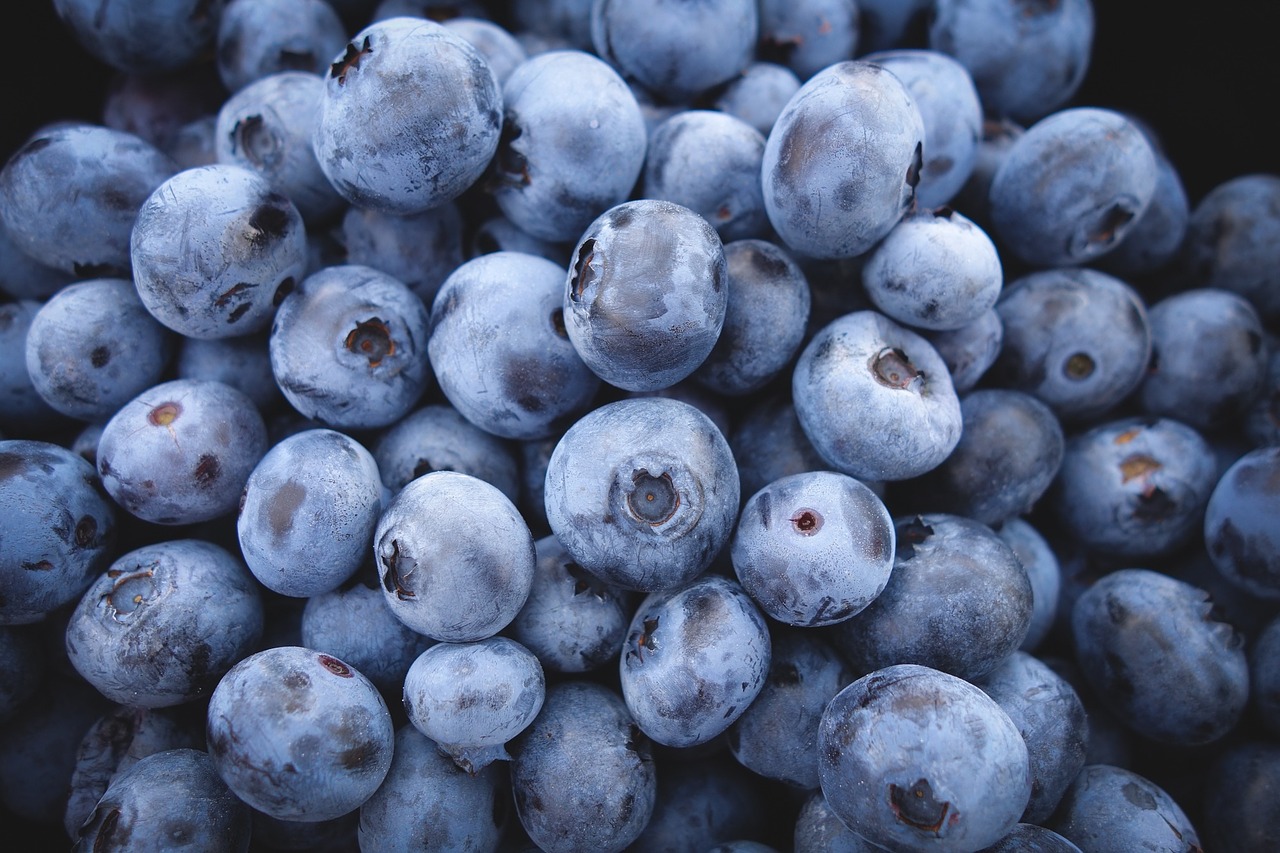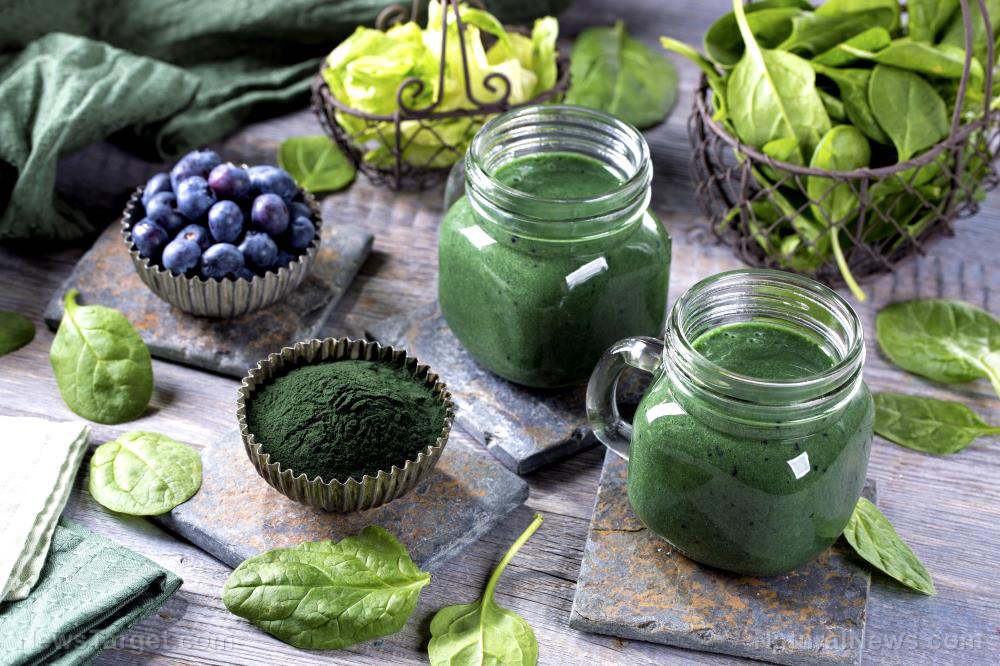Prevent cognitive decline with ashwagandha
11/05/2018 / By Michelle Simmons

In traditional Ayurvedic medicine, ashwagandha (Withania somnifera) has been used to enhance memory and improve cognitive function in people with mild cognitive impairment. Cognitive decline has frequently been linked to the aging process. A study published in the Journal of Dietary Supplements has found that ashwagandha is a safe and effective herbal treatment to enhance memory and improve cognition, providing scientific evidence to the traditional use of ashwagandha.
In the study, researchers from the Indian Red Cross Society and the NHSM Knowledge Campus in India looked at the safety and efficacy of ashwagandha in boosting memory and cognitive function in adults with mild cognitive impairment. For the study, they recruited 50 adults with mild cognitive impairment. Then, they gave the participants either 300 milligrams (mg) of ashwagandha root extract or placebo twice a day for eight weeks. The researchers then conducted various memory and cognitive tests.
The results revealed that those who received the ashwagandha root extract experienced significant improvements in both immediate and general memory compared to those who received the placebo. In addition, they exhibited greater improvements in executive function, sustained attention, and information-processing speed.
Based on the findings of the study, the researchers concluded that ashwagandha is safe and effective at enhancing immediate and general memory, and improving executive function, sustained attention, and information-processing speed in people with mild cognitive impairment.
What is ashwagandha?
Ashwagandha, also referred to as Indian ginseng, is a plump shrub with oval leaves and yellow flowers that belongs to the same nightshade family as tomato. Despite being referred to as Indian ginseng, ashwagandha and ginseng are not related. This herbal plant produces red fruit that is about the size of a raisin. It is native to the dry areas of India, northern Africa, and the Middle East. Today, it is also grown in more mild climates, such as the United States.
Ashwagandha means “the smell of a horse” in Sanskrit, which indicates that the herb has the potential to transmit the vigor and strength of a horse. In addition to improving memory and cognition, ashwagandha has also been used in ancient times as a treatment for many other conditions. It is most commonly known for its restorative and rejuvenating benefits. This herb has also been used as a nerve tonic and adaptogen, an agent that helps the body to adapt to different emotional and physical stressors. It has also been traditionally used to treat conditions, such as failure to thrive in children, weakness in older people, rheumatism, constipation, insomnia, nervous conditions, stress, goiter, joint inflammation, parasites, hormone balance, and others. (Related: Ashwagandha root for effective anxiety and stress relief, improved immunity.)
Based on scientific studies, ashwagandha can be used for the following:
- Enhancing learning, memory, and reaction time
- Enhancing sexual potency for men and women
- Fighting inflammation
- Fighting the effects of stress
- Helping decrease brain cell degeneration
- Inhibiting tumor growth
- Lowering cholesterol levels
- Promoting new nerve growth
- Reducing anxiety and depression without causing drowsiness
- Regulating blood sugar
- Strengthening immunity
Ashwagandha is typically taken as a fine powder combined in honey or ghee. In western countries, this herb is commonly taken in capsule form. The recommended dose is 500 to 1,000 mg. For people with insomnia and anxiety, it is recommended to drink a cup of hot milk that has a teaspoon of powdered ashwagandha or an ashwagandha capsule before going to bed.
Other herbs that can boost memory and cognition
If ashwagandha is not available, there are other herbs that can also boost your mental focus and brain power. These include the following:
- Bacopa
- Brahmi
- Ginkgo biloba
- Ginseng
- Gotu Kola
- Huperzine-A
- Rhodiola
- Rosemary
- Tulsi
- Vacha
Read more news stories and studies on natural ways to boost memory and improve cognitive function by going to AlternativeMedicine.news.
Sources include:
Tagged Under: alternative medicine, ashwagandha, Brain, brain function, cognition, cognitive decline, cognitive function, cognitive impairment, herbal medicine, Herbs, memory, natural cures, natural healing, natural medicine, natural remedies, Withania somnifera



















